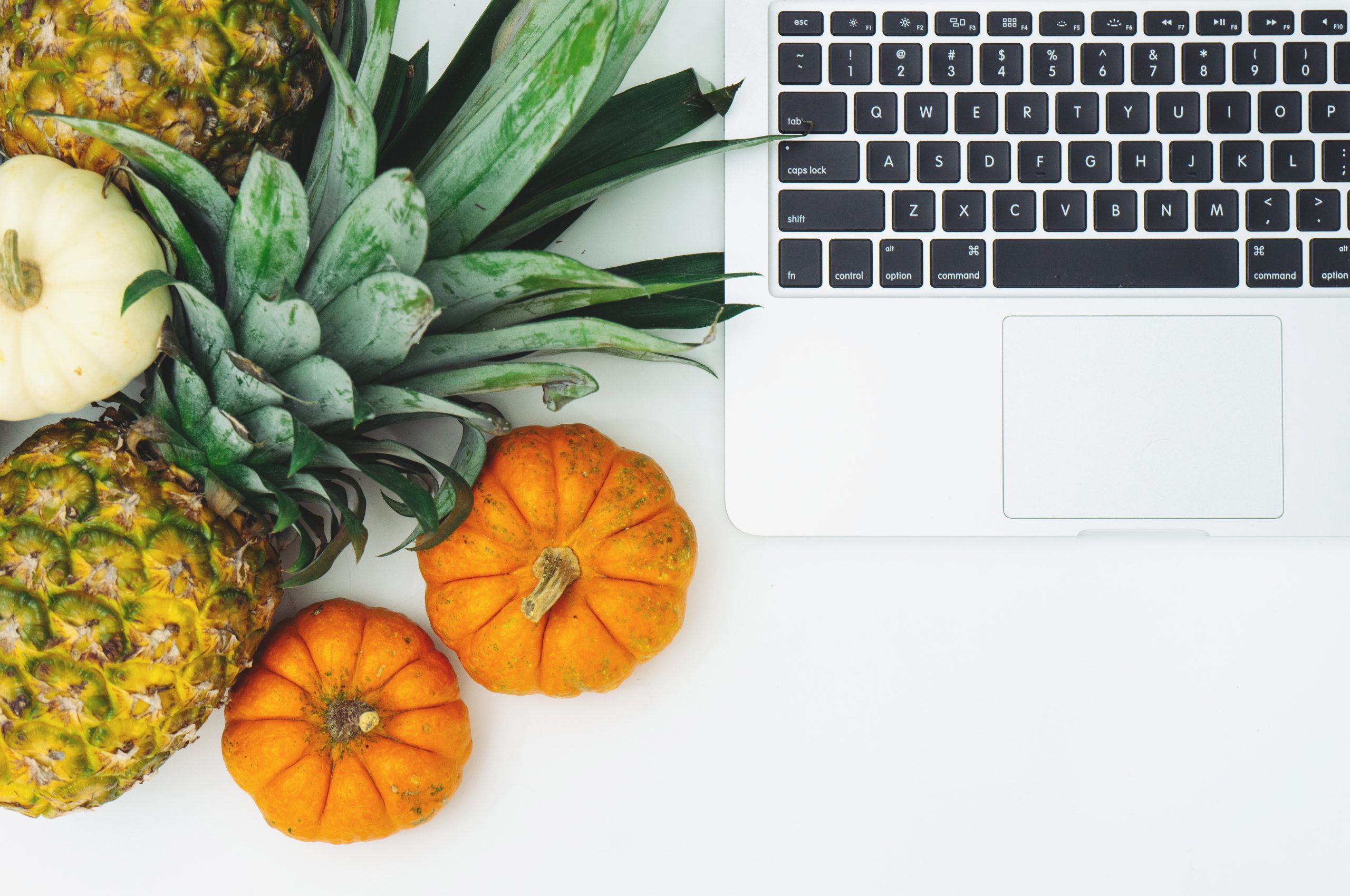You asked, we answered!
Q: Are superfoods too good to be true?
A: I don’t use the term “super” in the context of foods because it can be a bit misleading. No one food is a miracle cure for anything, but certain foods have more nutritional value than others. Foods like blueberries, acai berries, kale and wheatgrass are touted as superfoods, and while they don’t wear capes and fight crime, they’re still pretty special. Generally the brighter the colour, the more antioxidant properties a food will have which helps the body fight against free radical damage. Instead of focusing on one single food as super, try to eat the rainbow and get a wide variety of fresh fruits and vegetables in every colour.
Q: I’m worried about protein, what are my best sources as a vegetarian?
A: When people find out that I follow a vegan diet that is usually their first question: “where do you get your protein”. Protein is one of the building blocks of our body and has a role in hormone and enzyme production and immune health. Needless to say, it’s a key component of our diet; however, most people in the Western world consume too much protein. This can be taxing for the kidneys as they have to filter out the excess amino acids. Typically when people think protein they think animals, but plants offer plenty of protein (along with other important vitamins and minerals and a good amount of fibre). My top picks for plant-based protein are:
1. Chickpeas- 39g per 1 cup cooked
2.Lentils- 18g per 1 cup cooked
3. Tofu- 10g per ½ cup
4.Quinoa- 8g per 1 cup cooked
Bonus: vegetables also have protein, 1 cup of kale has 3g of protein!

Q: I often get heartburn after meals, what should I do?
A: First, see if you can spot a trend. Common heartburn trigger foods include spicy foods, alcohol, and caffeine. Try removing these items for a little bit and see if the heartburn resolves itself. Most people experiencing heartburn actually have an underactive stomach and aren’t producing enough acid; counter-intuitive, isn’t it? In order for proper digestion to occur we need to be in a calm and unrushed environment. Without this we don’t produce enough stomach acid. Our stomach tries to manually churn the food and some acid escapes back up our esophagus, leading to heart burn (this is one of several reasons it leaks back up). My tips for heartburn:
1. Sit in a calm, quiet place for meal time and remove any distractions.
2. Chew your food thoroughly.
3. Animal protein food can be especially tough for digestion. Try plant-based proteins like legumes or tofu.

